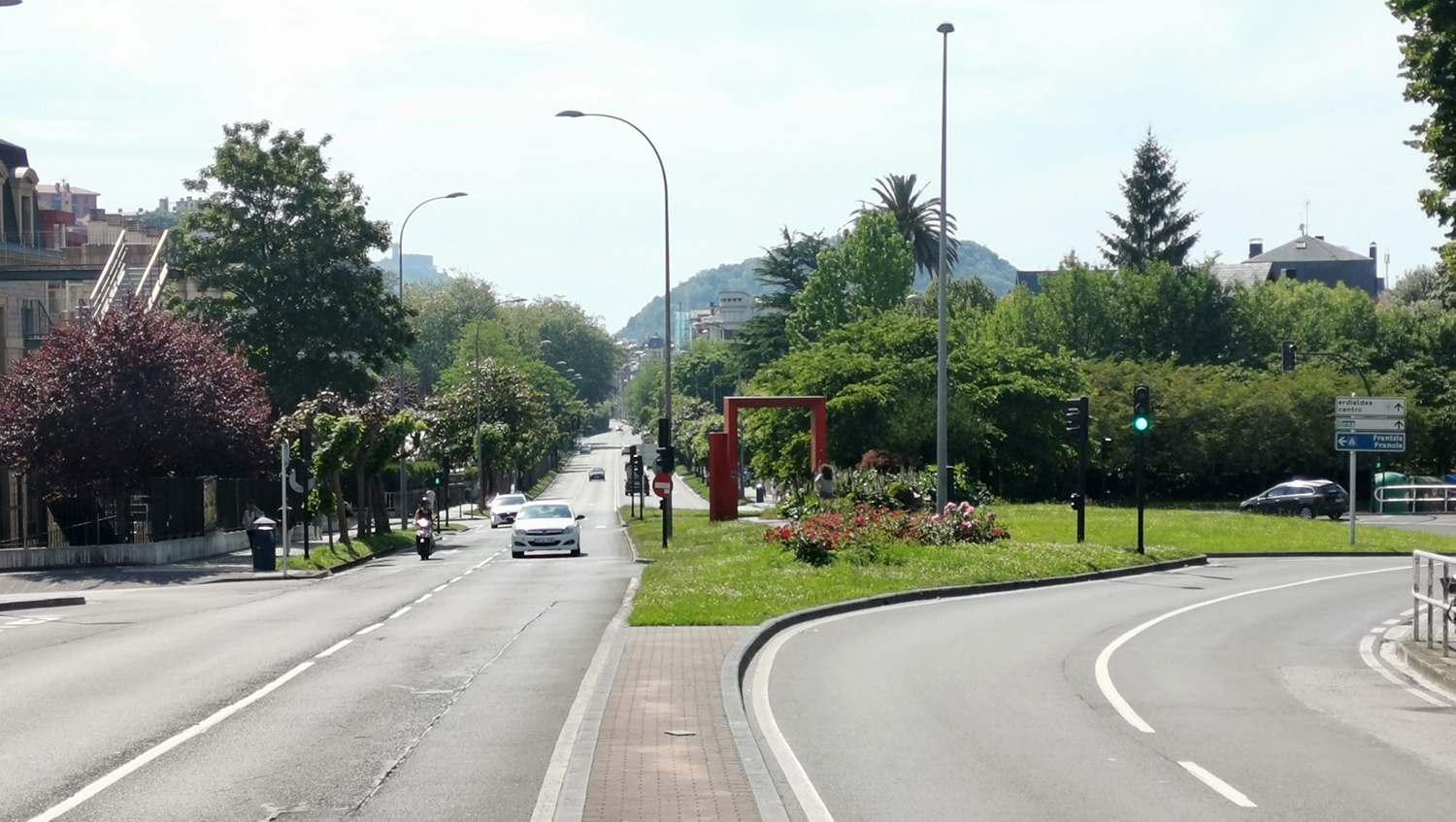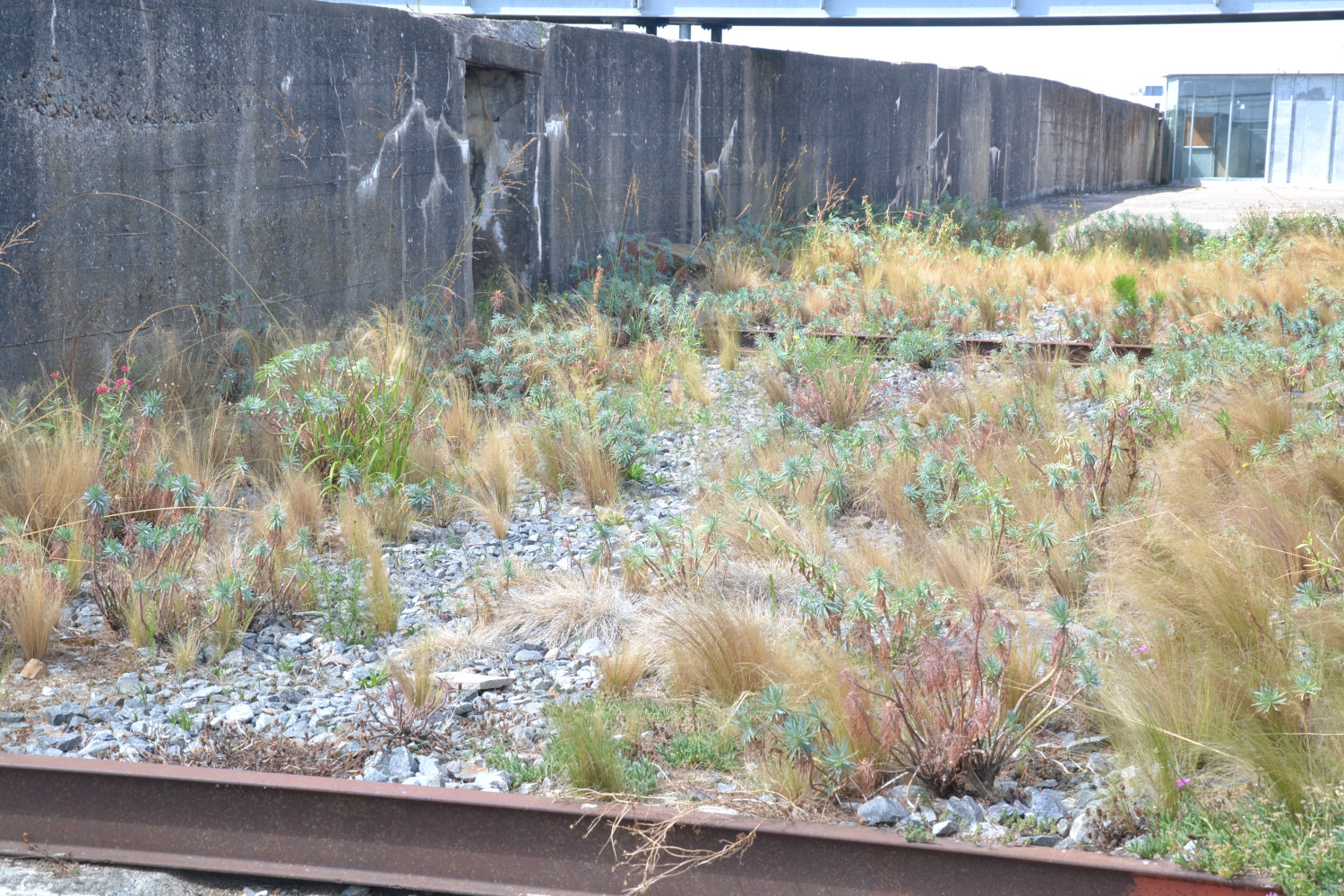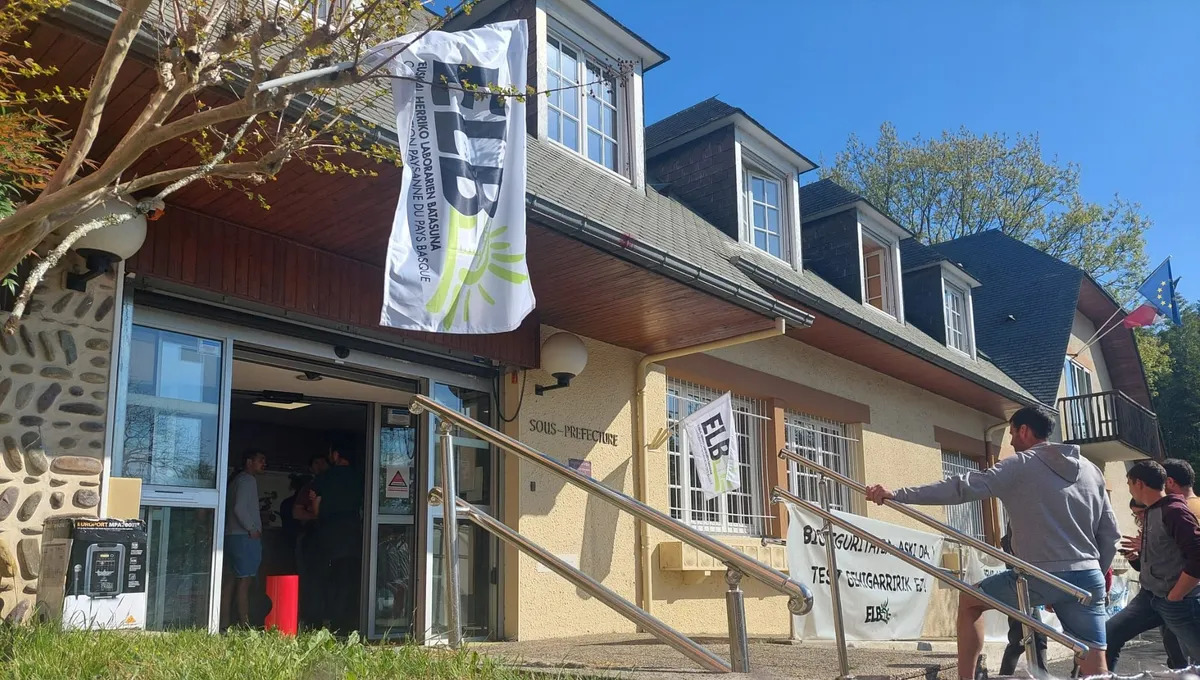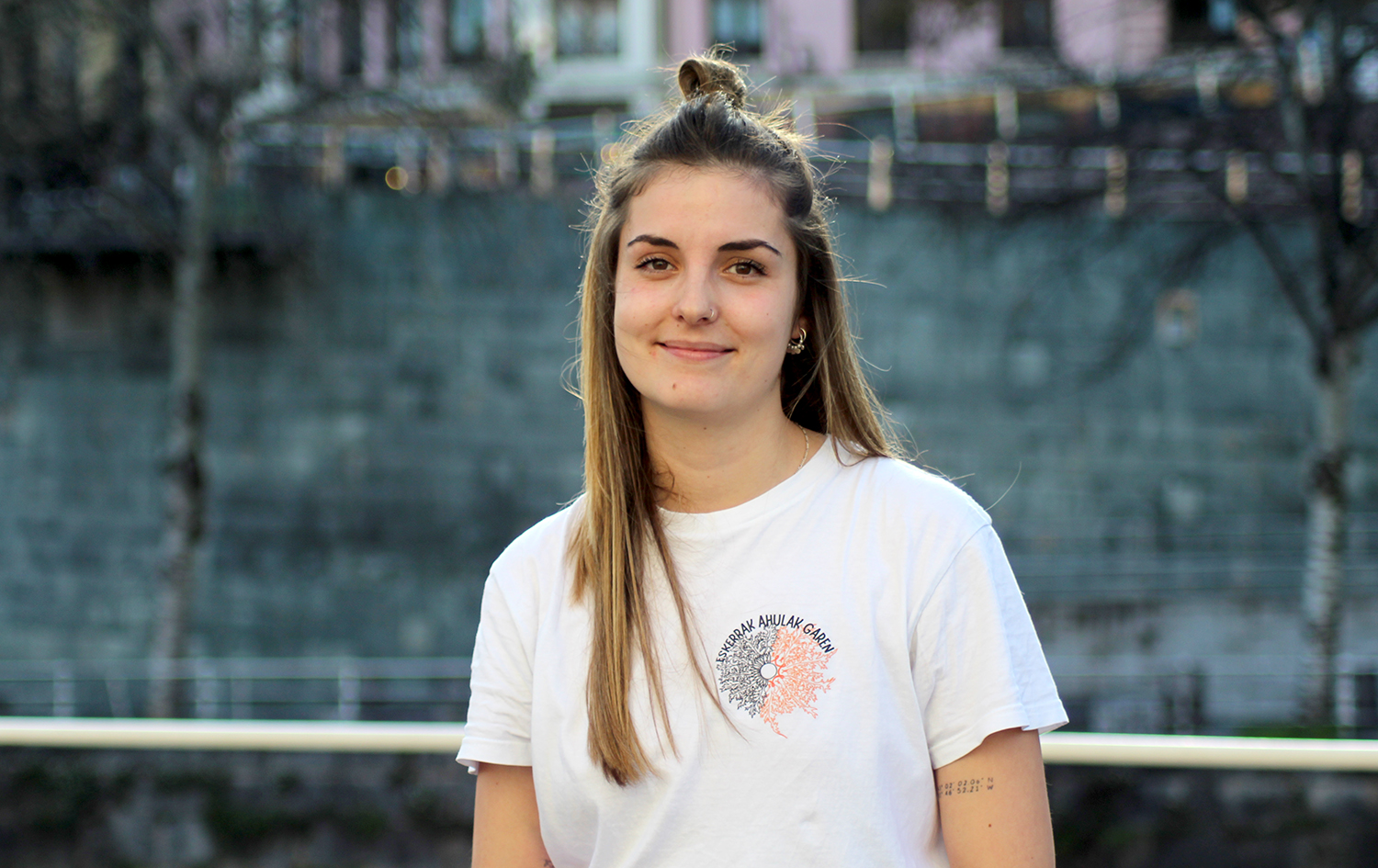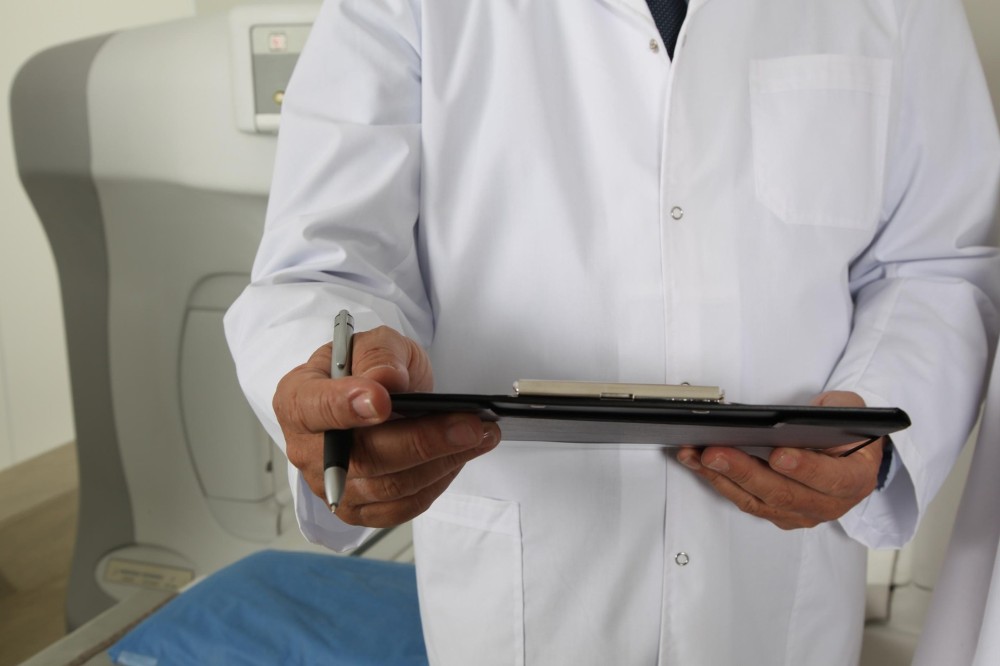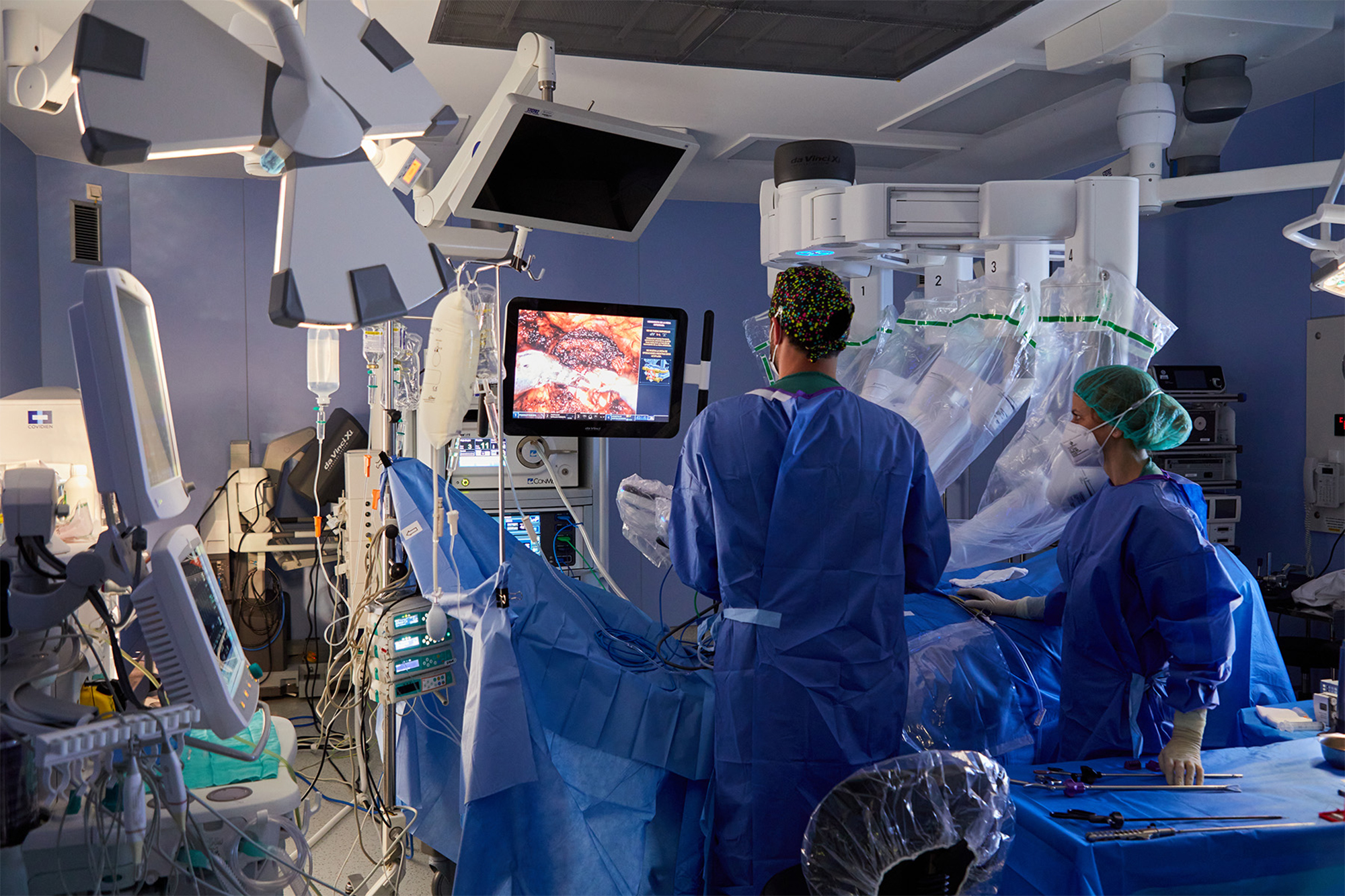"It's very hard to prove my pain because it goes unnoticed for others."
- Marta suffers from an autoimmune disease that causes joint pain, swelling and stiffness, denouncing that the system upsets them.

Marta feels the main symptoms of rheumatoid arthritis: joint pain, swelling outbreaks and stiffness. Because it is an autoimmune disease, the immulological system affects the joints, such as outbreaks of chronic pain and inflammation of fingers, wrists, feet and knees.
In most cases, the first symptoms of this disease occur between 30 and 50 years of age, but can also occur in children and the elderly. Martha, for example, was told at age 28 that she had rheumatoid arthritis: "It's not easy to diagnose; they perform blood tests and X-rays until concrete parameters appear; we can stay for years looking for a diagnosis."
It works in the field of health and often has to be raising and moving patients. He explains that the symptoms lead him not to work long: "It's very hard because it poisons your pain. In addition, if I find it hard to dress, imagine what it costs to move someone else."
"Because one day I'm fine and the next one I can't move, I don't know how much I'm going to keep working, if I'll have to leave the plans with my friends..."
As she now has to lift many patients where she works, she is asking for her to move elsewhere, but denounces that she faces difficulties at work. To achieve change you need a document to prove you have a disability, but it is "very difficult" to achieve it: "In addition to the process being complex, it is very difficult to show my pain because for others it goes unnoticed." In fact, although in the long run you can see that the joints are destroyed or worn down, the pain is not seen.
In this regard, it considers that they also violate the right to self-determination: "I can consider myself disabled, but if I don't have anything to certify, I'm not disabled for the system and I can't get the changes needed for me." He adds that it is not easy to reach public health for the whole population: "If I have difficulty accrediting myself, think of people in a more vulnerable situation, such as immigrants."
In parallel. has had to ask for the day to be halved because stress increases the disease: "In another situation it would not take half a day, but as we work in minimal services we suffer a lot of stress." She adds that they should recruit more staff: "If we want quality public and universal health care, we must guarantee workers' rights. We can't be at the top of the job and work at the lows." Not only workers but also health care: "We are the ones who care for patients, but who cares for us? Systems no."
Although it has recently started with half a day, in the long run it believes it may have economic problems: "Since I have no accreditation to need half a day, with the disease I cannot apply for subsidy to cover all expenses. In the end, this type of practice encourages the precariousness of the disabled".
She has said she feels "uncertainty" and "fear" due to both economic problems and other consequences of the disease: "Because I'm OK one day and I can't move next time, I don't know how long I'm going to be working, I'll have to leave the plans with my friends, if I'm going to be OK to spend it, and I'll be able to do a thousand more things."
The pandemic has revealed, in all its crudeness, the consequences of the neoliberal model of care for the elderly, children and the dependent population. Now is the time to consolidate the critical discourses and community alternatives that flourished during the lockdown.”... [+]
You may not know who Donald Berwick is, or why I mention him in the title of the article. The same is true, it is evident, for most of those who are participating in the current Health Pact. They don’t know what Berwick’s Triple Objective is, much less the Quadruple... [+]
Indartsua, irribarretsua eta oso langilea. Helburu pila bat ditu esku artean, eta ideia bat okurritzen zaionean buru-belarri aritzen da horretan. Horiek dira Ainhoa Jungitu (Urduña, Bizkaia, 1998) deskribatzen duten zenbait ezaugarri. 2023an esklerosi anizkoitza... [+]











